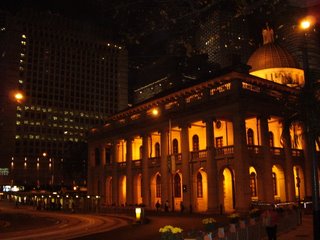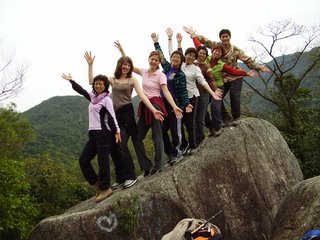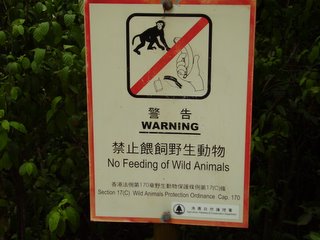Oktobers läs-projekt består - förutom uppsatslitteratur - av Madeleine Albrights fascinerande självbiografi, "Madame Secretary". Jo, jag erkänner - det är andra gången.
Men Albrights erfarenheter och tankar tål att läsas mer än en gång. Genom att varva reflektioner över personliga maktstrider och intriger inom Vita Huset med överskådliga och oftast knivskarpa analyser av världspolitiska skeenden i skuggan av Kalla Kriget, får Albright mig inte sällan att glömma bort både tid och rum.
Ofta delar jag många av hennes slutsatser - framförallt synen på vikten av en aktiv amerikansk utrikespolitik för mänskliga rättigheter och demokrati, såsom den fördes under hennes tid som amerikansk utrikesminister under Clinton.
Hon är en konsekvent försvarare av liberalismens upplysningsideal och tron på öppenhet, handel och dialog genomsyrar hennes tankar. I vissa fall lite för långt.
Clintons politik gentemot Kina kännetecknades av handelsliberalisering och dialog, och byggde på tanken om "constructive engagement". MR-villkor kopplades bort från handelsavtal. I samma veva som hon försvarar en öppnare handelspolitik gentemot Kina konstaterar Albright:
"At an Internet Café in Beijing, I saw young customers ordering how-to books on almost every conceivable subject. Knowledge, once it beings to be disseminated freely, is hard to fence back in."
Det är svårt att bestrida hennes tro på kunskap som en källa till reformer. Men problemet i Kina är snarare att ekonomisk utveckling inte
per automatik leder till kunskapsspridning. Internet är inte
per automatik ett demokrativerktyg. Idag fungerar det lika mycket som regimens vapen för ökad kontroll. Ett vapen som tillhandahålls bland annat av västerländska IT-företag.
För en intressant och insiktsfull analys av Internets politiska betydelse i ett växande Kina kan jag rekommendera Dr Johan Lagerkvists avhandling:
"The Internet in China - Unlocking and Containing the Public Sphere", utgiven av Utrikespolitiska Institutet.
Slutsatsen är att Internet är en teknisk lösning, som kan associeras med både auktoritära och demokratiska krafter. Lagerkvist distansierar sig från "teknikoptimismen", en ideologi som bygger på att teknisk utveckling i sig genererar politisk liberalisering.
En sund inställning, som manar omvärlden till ökad handling inför Kinas MR-kränkningar. I USA pågår nu debatten för fullt kring de amerikanske IT-företagens roll i att förse den kinesiska regimen med tekniska lösningar för att behålla kontrollen över dissidenter. Inte minst konkressledamöterna Tom Lantos (dem) och Christopher Smiths (rep) ihärdiga kritik visar att efterfrågan på en mer nyanserad hållning gentemot Kina är partiöverskridande. Albrights övertro på tekniken som MR- & demokrativerktyg under sin tid som utrikesminister fick sannerligen inte stå oemotsagd.
När får vi en liknande debatt i Sverige?























